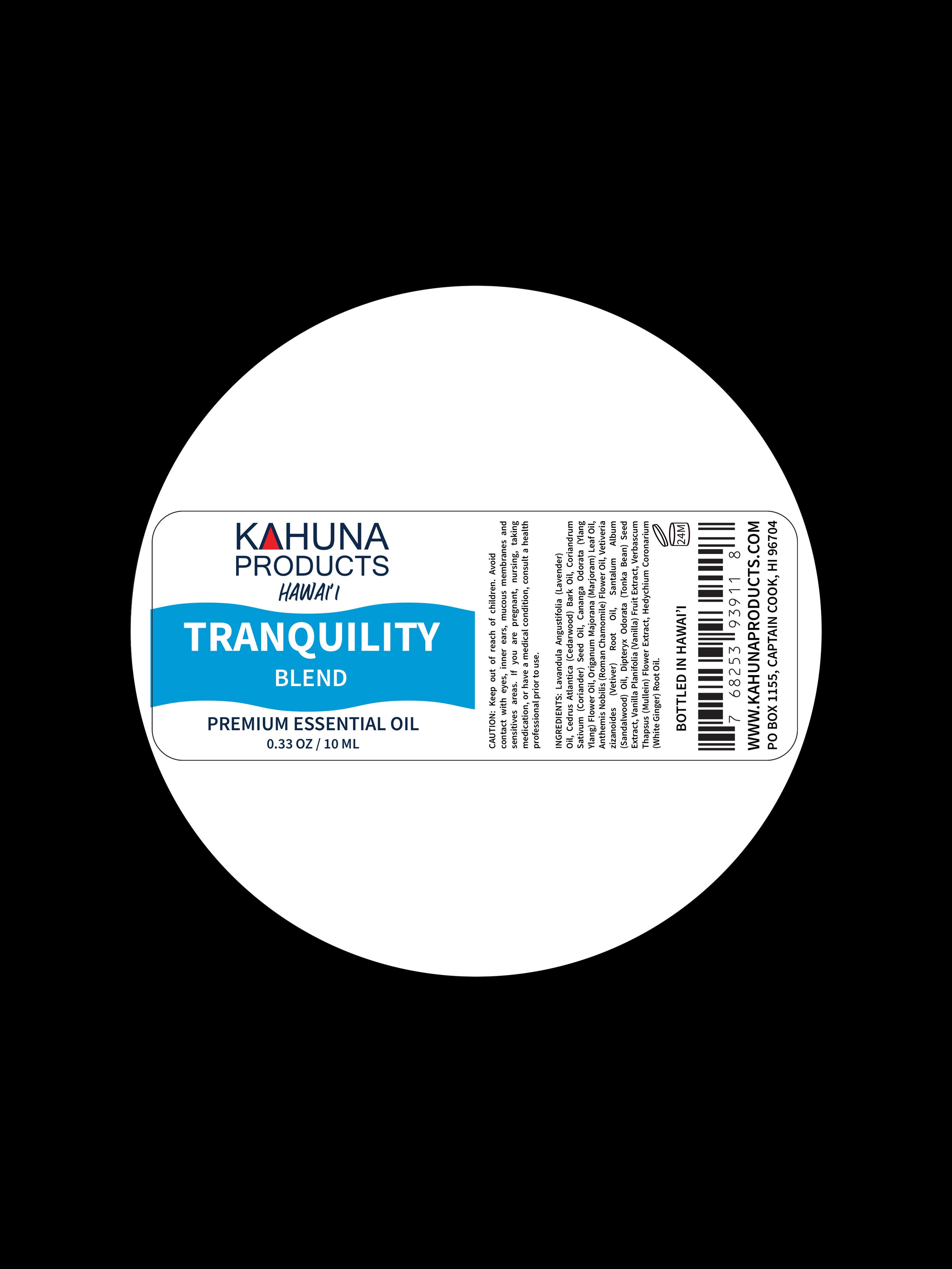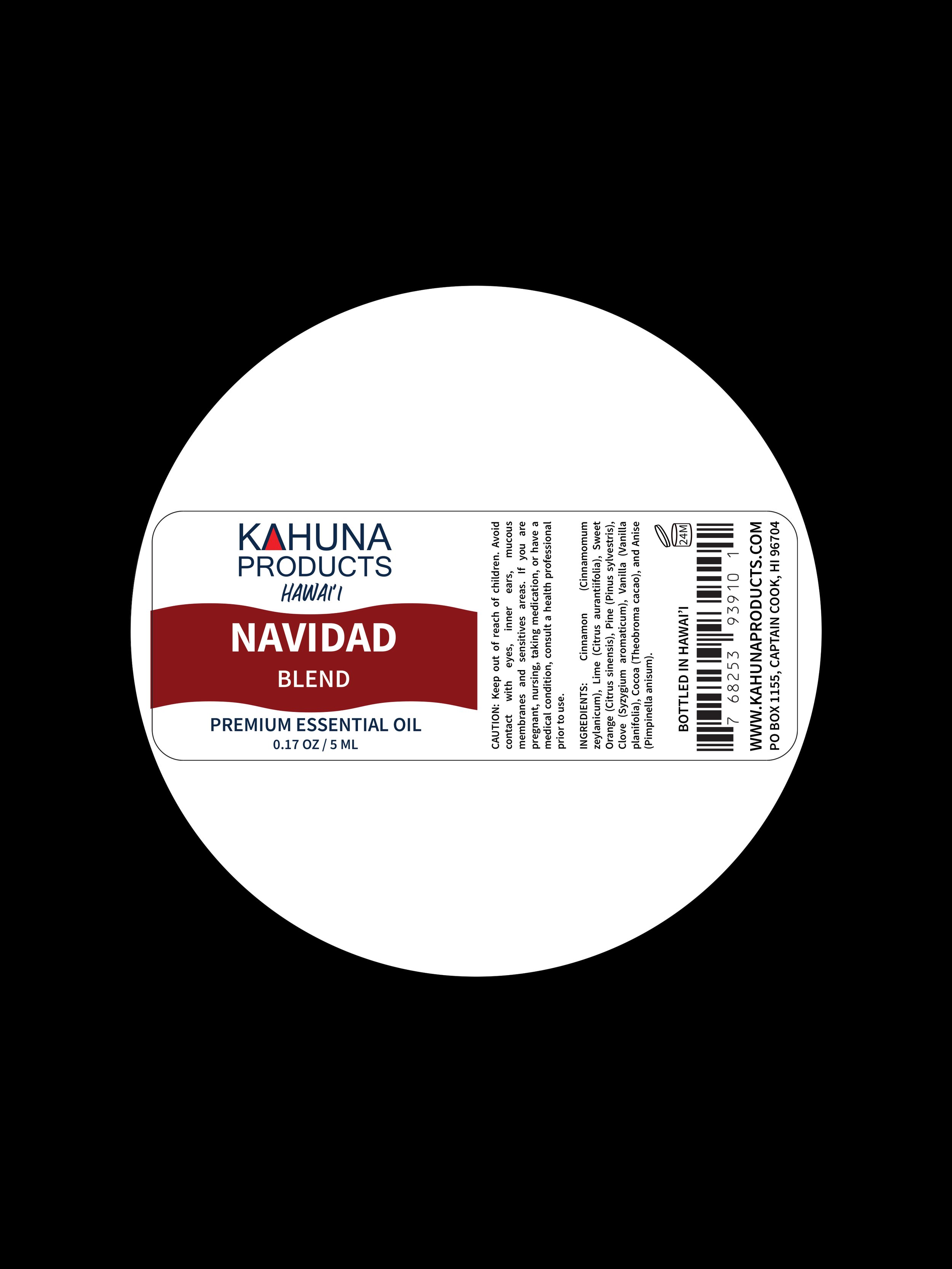 Image 1 of 2
Image 1 of 2

 Image 2 of 2
Image 2 of 2



WILD THYME ESSENTIAL OIL
Thymus serpyllum, commonly known as wild thyme or creeping thyme, is a species of thyme with various applications in aromatherapy and herbal medicine. Its essential oil is valued for numerous benefits. Here are some key benefits and uses:
Benefits of Thymus Serpyllum Essential Oil
Antimicrobial Properties: The essential oil is known for its potent antimicrobial properties, making it effective against a range of bacteria, fungi, and viruses. This is largely due to its high thymol and carvacrol content.
Antioxidant Effects: It has strong antioxidant properties, which help in neutralizing free radicals in the body, potentially reducing the risk of chronic diseases and slowing down the aging process.
Anti-inflammatory: Thymus serpyllum essential oil has anti-inflammatory effects, which can help reduce inflammation and relieve pain associated with conditions like arthritis or muscle strains.
Respiratory Support: It is often used to relieve respiratory conditions such as coughs, colds, bronchitis, and asthma. Its expectorant properties help in clearing mucus and improving breathing.
Digestive Aid: This oil can aid in digestion by stimulating the production of digestive enzymes and alleviating issues such as bloating, gas, and indigestion.
Immune System Support: Regular use can strengthen the immune system, making the body more resistant to infections and illnesses.
Skin Care: It has antiseptic and healing properties beneficial for treating wounds, cuts, and skin infections. It can also help in managing acne and other skin conditions.
Aromatherapy Uses of Thymus Serpyllum Essential Oil
Relaxation and Stress Relief: The oil has a calming effect on the nervous system, helping to alleviate stress, anxiety, and mental fatigue. It can be diffused in the air or used in massage oils to promote relaxation.
Energizing and Uplifting: Despite its relaxing properties, it can also act as a stimulant, helping to overcome feelings of tiredness and boosting energy levels.
Respiratory Health: Inhaling the vapors from this essential oil, either through a diffuser or steam inhalation, can help clear the respiratory tract and ease breathing difficulties.
Immune System Boost: Diffusing the oil in the air can help purify the environment, reducing the presence of airborne pathogens and supporting immune health.
Muscle Relief: When used in massage oils, it can help relieve muscle tension and soreness due to its anti-inflammatory properties.
How to Use Thymus Serpyllum Essential Oil in Aromatherapy
Diffusion: Add a few drops to a diffuser to spread the aromatic benefits throughout the room. This method is great for stress relief, respiratory support, and immune system enhancement.
Topical Application: Dilute with a carrier oil (such as jojoba or coconut oil) and apply to the skin. This can be effective for localized pain, skin conditions, or general relaxation through massage.
Inhalation: Add a few drops to hot water and inhale the steam, or simply inhale directly from the bottle for quick relief from respiratory issues or to boost energy.
Baths: Add a few drops to a warm bath for a relaxing and therapeutic experience that can help with stress relief and muscle pain.
Compresses: Use diluted oil in a warm or cold compress to apply to sore muscles, inflamed areas, or skin irritations.
Safety Precautions
Dilution: Always dilute Thymus serpyllum essential oil with a carrier oil before applying it to the skin to avoid irritation.
Allergic Reactions: Perform a patch test before using the oil topically to ensure there is no allergic reaction.
Consultation: Pregnant or breastfeeding women, as well as individuals with certain health conditions, should consult with a healthcare provider before using essential oils.
Internal Use: Do not ingest the essential oil unless under the guidance of a qualified healthcare professional.
By understanding these benefits and proper usage methods, Thymus serpyllum essential oil can be a valuable addition to your aromatherapy and natural health toolkit.
ChatGPT can make mistakes. Check important info.
Thymus serpyllum, commonly known as wild thyme or creeping thyme, is a species of thyme with various applications in aromatherapy and herbal medicine. Its essential oil is valued for numerous benefits. Here are some key benefits and uses:
Benefits of Thymus Serpyllum Essential Oil
Antimicrobial Properties: The essential oil is known for its potent antimicrobial properties, making it effective against a range of bacteria, fungi, and viruses. This is largely due to its high thymol and carvacrol content.
Antioxidant Effects: It has strong antioxidant properties, which help in neutralizing free radicals in the body, potentially reducing the risk of chronic diseases and slowing down the aging process.
Anti-inflammatory: Thymus serpyllum essential oil has anti-inflammatory effects, which can help reduce inflammation and relieve pain associated with conditions like arthritis or muscle strains.
Respiratory Support: It is often used to relieve respiratory conditions such as coughs, colds, bronchitis, and asthma. Its expectorant properties help in clearing mucus and improving breathing.
Digestive Aid: This oil can aid in digestion by stimulating the production of digestive enzymes and alleviating issues such as bloating, gas, and indigestion.
Immune System Support: Regular use can strengthen the immune system, making the body more resistant to infections and illnesses.
Skin Care: It has antiseptic and healing properties beneficial for treating wounds, cuts, and skin infections. It can also help in managing acne and other skin conditions.
Aromatherapy Uses of Thymus Serpyllum Essential Oil
Relaxation and Stress Relief: The oil has a calming effect on the nervous system, helping to alleviate stress, anxiety, and mental fatigue. It can be diffused in the air or used in massage oils to promote relaxation.
Energizing and Uplifting: Despite its relaxing properties, it can also act as a stimulant, helping to overcome feelings of tiredness and boosting energy levels.
Respiratory Health: Inhaling the vapors from this essential oil, either through a diffuser or steam inhalation, can help clear the respiratory tract and ease breathing difficulties.
Immune System Boost: Diffusing the oil in the air can help purify the environment, reducing the presence of airborne pathogens and supporting immune health.
Muscle Relief: When used in massage oils, it can help relieve muscle tension and soreness due to its anti-inflammatory properties.
How to Use Thymus Serpyllum Essential Oil in Aromatherapy
Diffusion: Add a few drops to a diffuser to spread the aromatic benefits throughout the room. This method is great for stress relief, respiratory support, and immune system enhancement.
Topical Application: Dilute with a carrier oil (such as jojoba or coconut oil) and apply to the skin. This can be effective for localized pain, skin conditions, or general relaxation through massage.
Inhalation: Add a few drops to hot water and inhale the steam, or simply inhale directly from the bottle for quick relief from respiratory issues or to boost energy.
Baths: Add a few drops to a warm bath for a relaxing and therapeutic experience that can help with stress relief and muscle pain.
Compresses: Use diluted oil in a warm or cold compress to apply to sore muscles, inflamed areas, or skin irritations.
Safety Precautions
Dilution: Always dilute Thymus serpyllum essential oil with a carrier oil before applying it to the skin to avoid irritation.
Allergic Reactions: Perform a patch test before using the oil topically to ensure there is no allergic reaction.
Consultation: Pregnant or breastfeeding women, as well as individuals with certain health conditions, should consult with a healthcare provider before using essential oils.
Internal Use: Do not ingest the essential oil unless under the guidance of a qualified healthcare professional.
By understanding these benefits and proper usage methods, Thymus serpyllum essential oil can be a valuable addition to your aromatherapy and natural health toolkit.
ChatGPT can make mistakes. Check important info.
Thymus serpyllum, commonly known as wild thyme or creeping thyme, is a species of thyme with various applications in aromatherapy and herbal medicine. Its essential oil is valued for numerous benefits. Here are some key benefits and uses:
Benefits of Thymus Serpyllum Essential Oil
Antimicrobial Properties: The essential oil is known for its potent antimicrobial properties, making it effective against a range of bacteria, fungi, and viruses. This is largely due to its high thymol and carvacrol content.
Antioxidant Effects: It has strong antioxidant properties, which help in neutralizing free radicals in the body, potentially reducing the risk of chronic diseases and slowing down the aging process.
Anti-inflammatory: Thymus serpyllum essential oil has anti-inflammatory effects, which can help reduce inflammation and relieve pain associated with conditions like arthritis or muscle strains.
Respiratory Support: It is often used to relieve respiratory conditions such as coughs, colds, bronchitis, and asthma. Its expectorant properties help in clearing mucus and improving breathing.
Digestive Aid: This oil can aid in digestion by stimulating the production of digestive enzymes and alleviating issues such as bloating, gas, and indigestion.
Immune System Support: Regular use can strengthen the immune system, making the body more resistant to infections and illnesses.
Skin Care: It has antiseptic and healing properties beneficial for treating wounds, cuts, and skin infections. It can also help in managing acne and other skin conditions.
Aromatherapy Uses of Thymus Serpyllum Essential Oil
Relaxation and Stress Relief: The oil has a calming effect on the nervous system, helping to alleviate stress, anxiety, and mental fatigue. It can be diffused in the air or used in massage oils to promote relaxation.
Energizing and Uplifting: Despite its relaxing properties, it can also act as a stimulant, helping to overcome feelings of tiredness and boosting energy levels.
Respiratory Health: Inhaling the vapors from this essential oil, either through a diffuser or steam inhalation, can help clear the respiratory tract and ease breathing difficulties.
Immune System Boost: Diffusing the oil in the air can help purify the environment, reducing the presence of airborne pathogens and supporting immune health.
Muscle Relief: When used in massage oils, it can help relieve muscle tension and soreness due to its anti-inflammatory properties.
How to Use Thymus Serpyllum Essential Oil in Aromatherapy
Diffusion: Add a few drops to a diffuser to spread the aromatic benefits throughout the room. This method is great for stress relief, respiratory support, and immune system enhancement.
Topical Application: Dilute with a carrier oil (such as jojoba or coconut oil) and apply to the skin. This can be effective for localized pain, skin conditions, or general relaxation through massage.
Inhalation: Add a few drops to hot water and inhale the steam, or simply inhale directly from the bottle for quick relief from respiratory issues or to boost energy.
Baths: Add a few drops to a warm bath for a relaxing and therapeutic experience that can help with stress relief and muscle pain.
Compresses: Use diluted oil in a warm or cold compress to apply to sore muscles, inflamed areas, or skin irritations.
Safety Precautions
Dilution: Always dilute Thymus serpyllum essential oil with a carrier oil before applying it to the skin to avoid irritation.
Allergic Reactions: Perform a patch test before using the oil topically to ensure there is no allergic reaction.
Consultation: Pregnant or breastfeeding women, as well as individuals with certain health conditions, should consult with a healthcare provider before using essential oils.
Internal Use: Do not ingest the essential oil unless under the guidance of a qualified healthcare professional.
By understanding these benefits and proper usage methods, Thymus serpyllum essential oil can be a valuable addition to your aromatherapy and natural health toolkit.
ChatGPT can make mistakes. Check important info.
-
INCI NAME: Thymus serpyllum (Wild Thyme) Oil.
ORIGIN: Spain. Bottled in Hawai’i.
PART USED: Leaves and Flowering Tops.
EXTRACTION METHOD: Steam Distilled Essential Oil.
NOTE CLASSIFICATION: Middle to Top Note.
-
Thymus serpyllum essential oil blends well with a variety of other essential oils, each combination bringing out unique therapeutic benefits and aromatic profiles. Here are some essential oils that pair well with Thymus serpyllum:
Essential Oils That Blend Well with Thymus SerpyllumLavender: The calming and soothing properties of lavender complement the antimicrobial and respiratory benefits of thyme. This blend is excellent for relaxation, reducing stress, and promoting sleep.
Rosemary: Rosemary's stimulating and invigorating effects pair well with thyme for a blend that enhances focus, energy, and respiratory health.
Eucalyptus: Both eucalyptus and thyme are powerful for respiratory support. Their combination is ideal for clearing congestion, relieving coughs, and improving breathing.
Lemon: The fresh, uplifting scent of lemon enhances thyme's energizing and purifying qualities. This blend is great for cleaning, disinfecting, and boosting mood.
Peppermint: The cooling and refreshing properties of peppermint enhance thyme's antimicrobial and respiratory benefits. This blend is effective for headaches, muscle pain, and respiratory issues.
Tea Tree: Known for its strong antiseptic properties, tea tree oil pairs with thyme for a potent blend that tackles infections, skin issues, and can be used for cleaning purposes.
Bergamot: The citrusy, slightly floral aroma of bergamot pairs well with thyme, adding an uplifting and calming effect. This combination helps reduce anxiety and improve mood.
Frankincense: The grounding and calming properties of frankincense complement thyme's therapeutic effects, creating a blend that enhances meditation, relaxation, and emotional well-being.
Cedarwood: The warm, woody aroma of cedarwood blends nicely with thyme, providing a grounding effect. This combination is useful for stress relief, relaxation, and promoting sleep.
Clary Sage: Known for its balancing and calming properties, clary sage pairs with thyme for a blend that alleviates stress, hormonal imbalances, and promotes emotional well-being.
Blending Tips
Start with Small Amounts: Begin with small quantities of each oil to find the perfect balance. Adjust proportions based on personal preference and intended use.
Purpose Consideration: Tailor the blend to the desired therapeutic effect, whether it’s relaxation, respiratory support, or energy boosting.
Dilution: For topical applications, always dilute essential oils in a suitable carrier oil such as jojoba, coconut, or sweet almond oil to prevent skin irritation.
Patch Test: Conduct a patch test to ensure there are no adverse reactions before using the blend extensively.
Proper Storage: Store blended oils in dark glass bottles to protect them from light and heat, maintaining their efficacy and shelf life.
By experimenting with these combinations and following blending tips, you can create personalized essential oil blends that maximize the benefits of Thymus serpyllum.
-
They can be inhaled directly from the bottle, diffuser, or humidifier.
They should be diluted with a carrier oil when applied to your skin. We suggest a 4% dilution rate.
You can also add them to your favorite skincare products.
Essential oils are not safe for consumption unless you are under a health practitioner's guidance.
-
100% Pure Essential Oil.
Unrefined, Undiluted, No Fillers, No Synthetics, Organic, and Sustainably sourced.
-
0.33 oz / 10 ml
Amber glass bottle with euro dropper.
-
Keep out of reach of children. The bottles are a choking hazard. Avoid contact with eyes, inner ears, mucous membranes, and sensitive areas. If you are pregnant, nursing, taking medication, or have a medical condition, consult a health professional prior to use.
Animals are more sensitive to certain scents; consider your pets while choosing essential oils.
While not all essential oils have the same effect on everyone, the key is finding which ones work best for you. You are the individual and know what is best for you. So experiment and find your path.
The products described on this website are not intended to diagnose, treat or prevent any disease or to affect any structure or function of the skin or body. The information on this website is not medical advice and is not a substitute for consulting with a healthcare provider.





